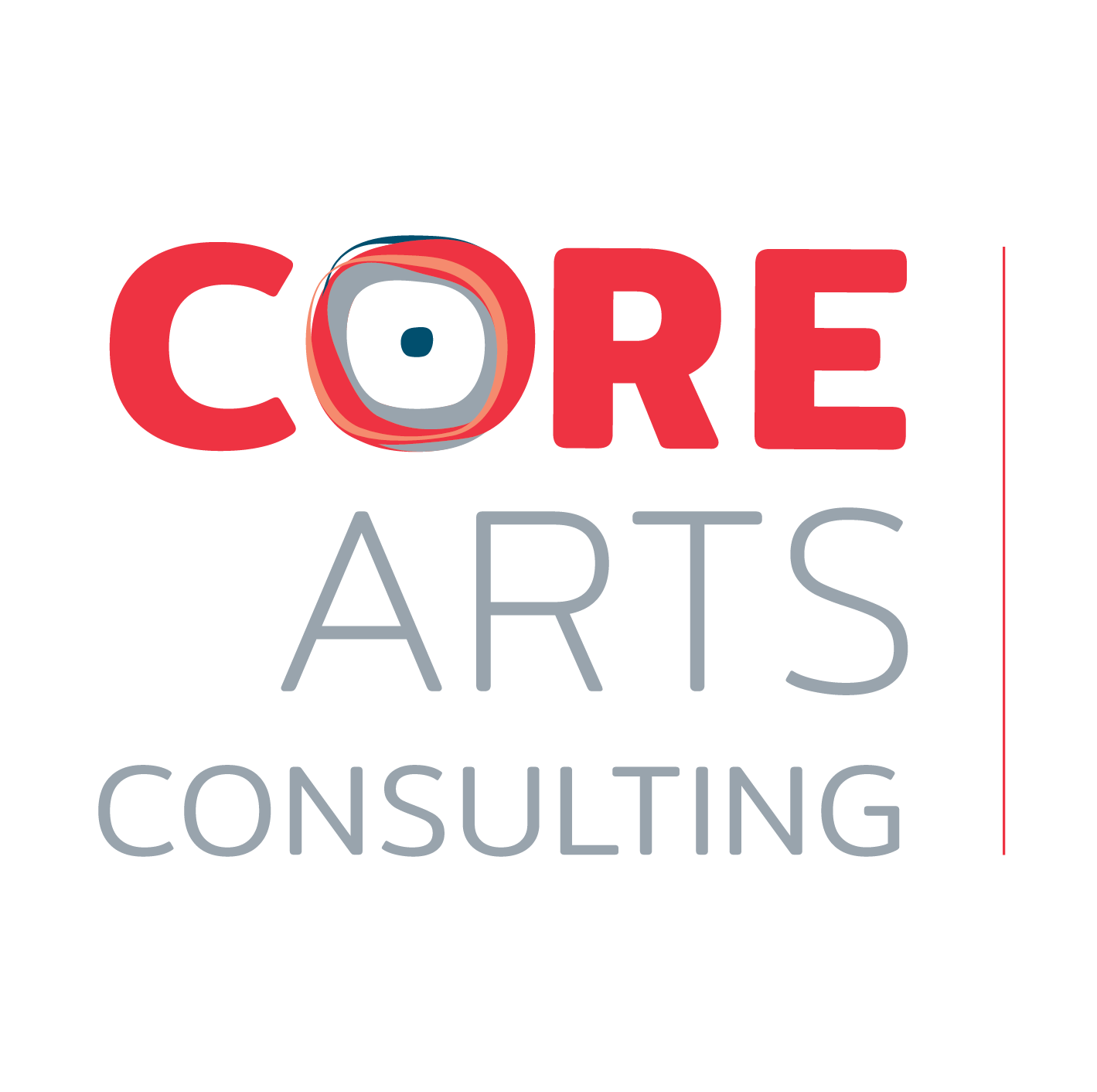by Jerry Phelps
Throughout my career as a classroom and private music teacher, and now as an arts education supervisor, leader, and consultant, I’ve often heard others say that arts education helps raise test scores. I realize that most people who say this do so in honest and genuine support of arts education. They think that if they comment on how arts education improves test scores, somehow influencers and policymakers in public education will understand that we should keep the arts alive in public schools.
While I like this sentiment, I also find it highly problematic. To me, the arts are not to be used as a tool for the other—that is, the arts are worth the study and pursuit because they function as stand-alone academic subjects. I have never once considered what I do as extra. Sure, I could tell you about the countless research studies that have clearly shown that schools with quality, robust arts education programs have higher standardized test scores, graduation rates, engagement in the school and surrounding community, and positive impact on school culture, but that relegates arts education to solely being used as a tool to solve the world’s problems. I like to think of it more as a tool to understand the world’s problems, not necessarily to solve them.
I started CORE Arts Consulting in effort to expand my work into multiple schools, communities, states, and even countries. I deeply believe in the power of arts education and that it should be a right to every child in public schools, regardless of socioeconomic background. Access to quality arts instruction changes lives. I speak from personal experience. I grew up in a small, rural town in Louisiana where little to no arts education was happening. I was fortunate to encounter Ms. Edith (Duhon) Wilkerson who ultimately changed my life through the study of piano and singing. I frequently think of all the children (and adults!) across our great country that never are so lucky. They rely almost exclusively on public schools and churches to receive education and experiences in the arts. But, what happens when those institutions are no longer doing the work?
In the article, Study: Music Education Could Help Close The Achievement Gap Between Poor and Affluent Students, the author, Rebecca Klein, explains the results of a study from Northwestern University in which researchers “looked at the impact of music education on at-risk children’s nervous systems and found that music lessons could help them develop language and reading skills.” The study was conducted over two summers in Los Angeles in a program where low-income students received free music lessons through the Harmony Project. This study reiterates that which many of us already understand: Arts education matters! We are better off having studied and experienced the arts. So, why do we continue to have to explain this to naysayers? Why are school leaders and administrators having to make scheduling decisions based on whether or not arts classes are taking away from the already increased literacy and math blocks? Why do we always attempt to support our work by first saying that it helps growth in other areas? What if it only helped children grow as artists and thinkers and doers? Isn’t that in itself enough?
My favorite line from the article is, “These findings are a testament that it’s a mistake to think of music education as a quick fix, but that if it’s an ongoing part of children’s education, making music can have a profound and lifelong impact on listening and learning.” Listening and learning. Now that’s something we could all stand to get better at! As you begin your school year, I encourage you to stop justifying your work in the arts as merely a means to assist schools in teaching literacy and math. Rather, I ask you to consider that your work is important and worthy for what it is. You teach the arts for the arts' sake. You teach it because it alone is worthy. Cross-curricular connections are inherent in the arts. You don’t really have to spend much time searching for ways to incorporate them. If you teach theatre, teach your students theatre. If you teach visual art, teach them visual art. If you teach dance, by all means, teach your students to dance! Our society is depending on us to do this work. They may not always be grateful for our work in the moment, but they certainly will in the long run. Artists and teachers, YOU ARE MAGICAL UNICORNS. Keep creating magic with your students! I’m wishing you the best year yet.
______________________________
With more than a decade of classroom teaching experience and a proven track record of arts education program development nationally, Jerry Phelps is a sought-after arts education professional specializing in curriculum, program development, professional development, teacher coaching, and organizational sustainability. In addition to a variety of classroom and private teaching experiences, Phelps most recently served as the Director of Arts Education and eventually the Director of Co-Curricular Programs for Democracy Prep Public Schools. In these positions, he managed and oversaw the development and growth of dozens of school-based arts education programs, national award-winning speech and debate programs, and physical education and athletic programs across the nation. Among his awards and recognition, Phelps was named a quarter finalist by the RECORDING ACADEMY© and THE GRAMMY FOUNDATION© for the inaugural Music Educator Award. As a seasoned singer and performer, Phelps can be seen on stage frequently throughout New York City in a variety of solo shows and one-off performances. Phelps currently serves as the Principal Consultant for the New York City-based arts education consulting firm, CORE Arts Consulting.











